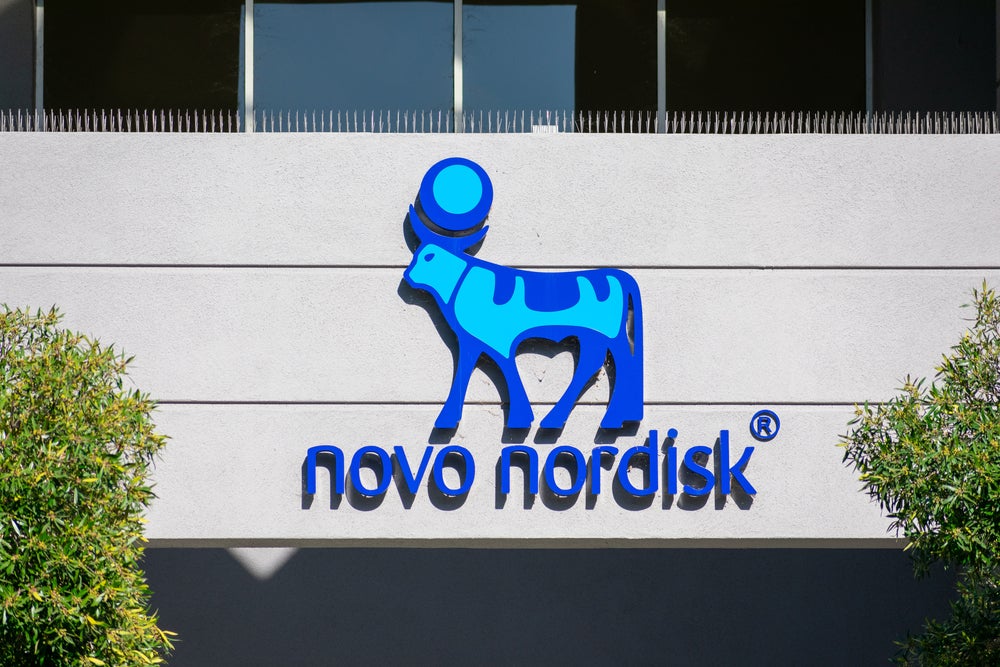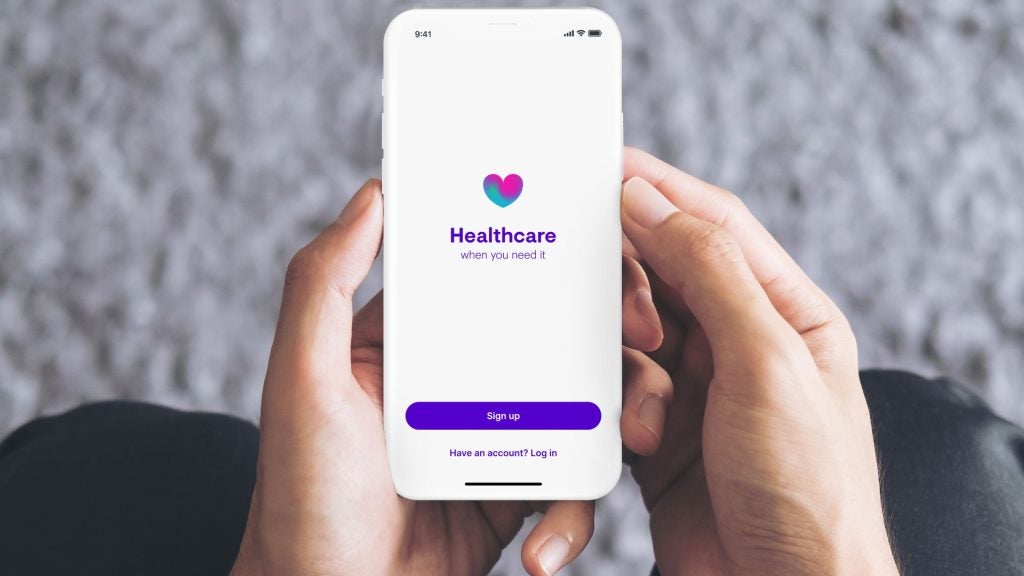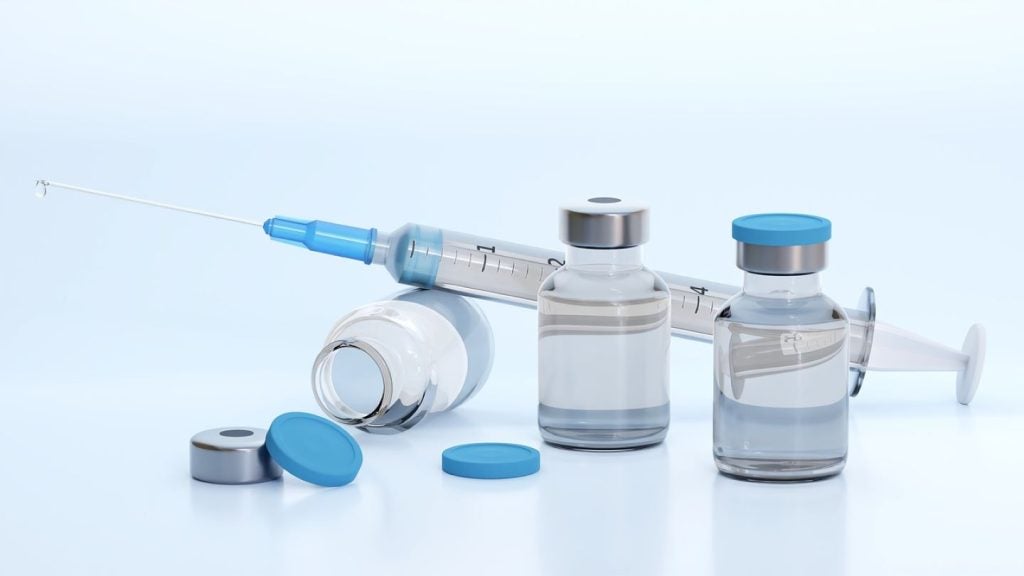Antengene has signed a collaboration agreement with Hansoh Pharmaceutical Group (Hansoh Pharma) to commercialise XPOVIO (selinexor) in Mainland China.
XPOVIO is the world's first approved orally available selective inhibitor of the nuclear export protein XPO1.
XPOVIO secured its approval for use in mainland China along with dexamethasone to treat adult patients with relapsed or refractory multiple myeloma.
It is intended for patients who have previously received therapies, as well as those whose disease is refractory to at least one proteasome inhibitor, at least one immunomodulatory agent and an anti-CD38 monoclonal antibody.
Antengene founder, chairman and CEO Dr Jay Mei stated: “Through collaborating with Hansoh Pharma, we will leverage their well-established commercialisation infrastructure to make XPOVIO more accessible to patients in mainland China.”
Antengene will continue XPOVIO's activities related to research, development, regulatory approvals, product supply and distribution.
Hansoh Pharma will exclusively manage the commercialisation of XPOVIO in mainland China.
Antengene is eligible for 200m yuan ($27.7m) in upfront payments from Hansoh Pharma, with 100m yuan due upon the signing of the agreement.
The company could also secure milestone payments of up to 535m yuan from Hansoh Pharma.
Hansoh executive director Yuan Sun stated: “We look forward to collaborating with Antengene and making XPOVIO available to the widest possible number of Chinese patients with haematological malignancies.”















